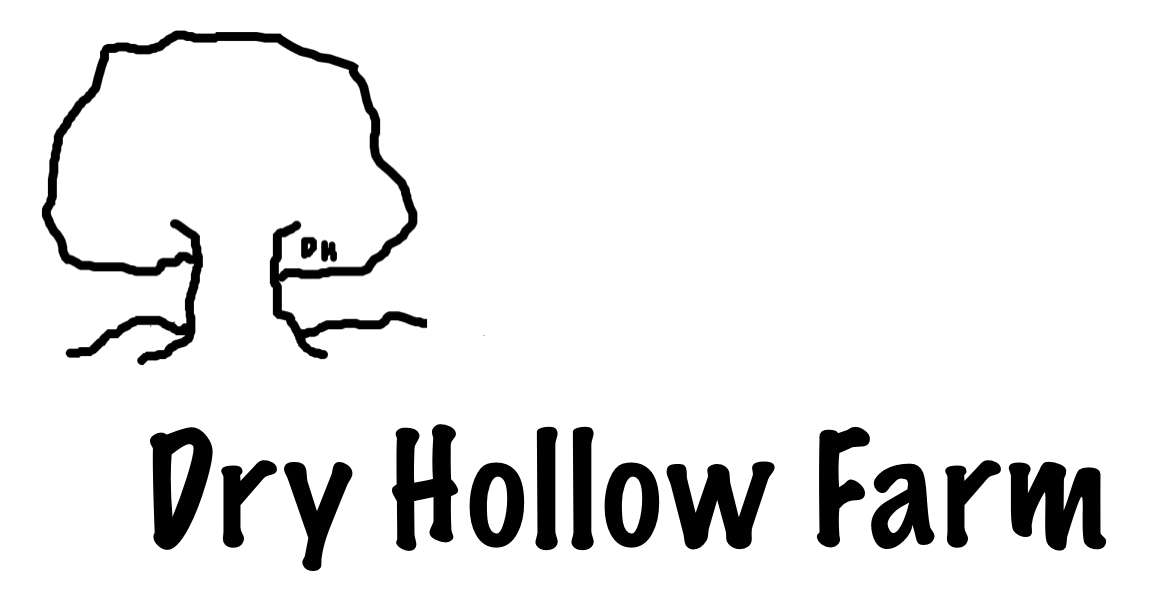Waiting for April 15th
Every geographical location has an average “first frost” and “last frost” date. For our farm, April 15th is (hopefully) the last possible day for a nighttime frost. October 15th is the earliest.
March is a tricky month filled with warming days, spring-like weather, and sunny afternoons. Then a front moves through with heavy rains and thunderstorms. The ground turns to mud. The skies clear at night. Temperatures plummet to below freezing. Early morning frost follows.
Each year we spend the last two weeks of March checking weather forecasts for the chance of an early spring and early planting. Each year we have a killing frost in the last month of March or the first month of April. So we wait …
While we wait, we mulch. Hopefully (if we find the time), mulching begins in late fall after the growing season ends. We mulch with every organic material we find around the farm.
Pine needles, leaves, goat and chicken manure, wood ashes, egg shells, fruit and vegetable scraps
We add layer after layer of compost which will compact throughout the winter and early spring months to create rich, dark soil.
Then we have our secret weapon …
Our free-range chickens work diligently turning our compost piles and composted garden beds. Although we have to protect planted garden and herb beds with meshed wire throughout our growing season, we leave mulched beds open throughout the winter months for their sharp claws to turn regularly in their search for tasty snacks.
Our hope is that by April 15th (or before), our herb and garden beds will be filled with rich, healthy soil ready for planting.
This past winter we created several new herb beds with cedar logs cut from downed trees in our woods. We initially fill these with used barn hay and a layer of the clayish soil prevalent on our property. Although we will plant in these beds the first growing season, it will take a year of consistent mulching to create better soil. Patience!
Dr. Kathryn Bush owns and operates Dry Hollow Farm, a working goat and sheep farm in Huntingdon, Tennessee. Together with her husband, Russell, she creates skincare products from their fresh goat milk, grows organic herbs, welcomes visitors to their two cabins on the farm (available for stays through Airbnb), keeps the farm’s on-site soap shop stocked with their handcrafted products, and enjoys working the farm in company with their Great Pyrenees dogs (who work hard guarding the animals). Check out their natural products featuring farm-grown ingredients here, and sign up for the Dry Hollow Farm newsletter to stay in touch and be the first to hear about farm news, events, and new products.





